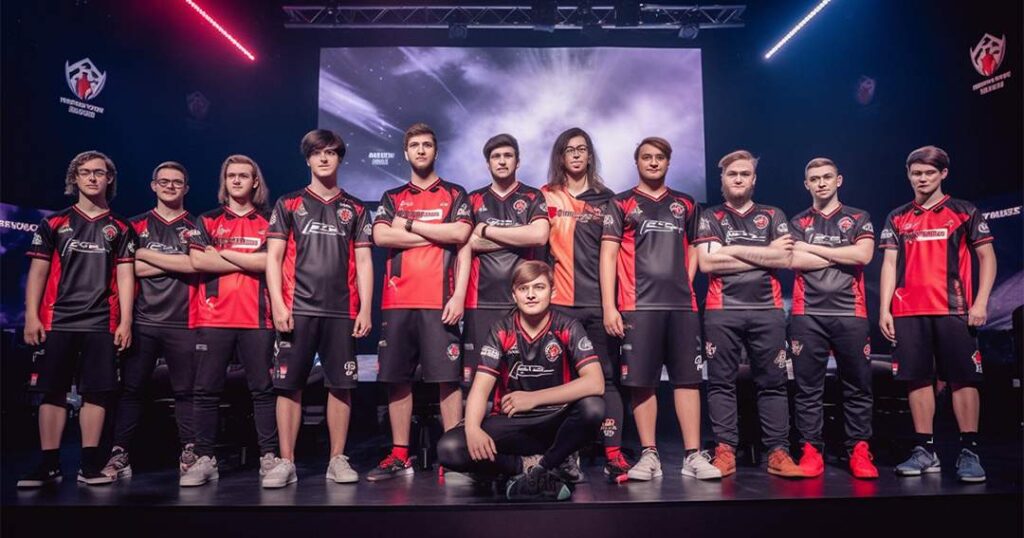The Necessity of Investment Agreements in Seed Rounds

When a venture company is in the seed round, the management team of the venture company often has many things to prioritize other than legal matters. As a result, legal matters may be put on the back burner, and contracts may be concluded without consulting with legal professionals such as lawyers and judicial scriveners. Furthermore, it is also possible that the management team is indifferent to legal matters or lacks sufficient knowledge about them.
However, neglecting legal matters in this way can lead to unexpected problems or irreversible issues later on. Therefore, in this article, we will explain the importance and necessity of concluding investment contracts during the seed round.
https://monolith.law/corporate/importance-and-necessity-of-investment-contract[ja]
What is a Seed Round?
A Seed Round (シードラウンド) refers to the fundraising that a venture company conducts during its seed stage. In a Seed Round, it is common to raise funds from incubators, accelerators, and angel investors. Often in a Seed Round, the venture company may not yet be conducting a specific business. Investments are made towards the planning of a prototype or the founder’s business idea. However, investments can also be made based on the founder’s passion and personal qualities.
The Importance of Investment Agreements in Seed Rounds

Founders with extensive business experience are likely to conclude investment agreements at relatively early stages, such as seed rounds, due to their various experiences. However, not all founders are experienced entrepreneurs, and there are many cases where startups are launched by founders with little or no entrepreneurial experience. In the case of founders with little or no entrepreneurial experience, they may not realize the importance of concluding investment agreements in seed rounds, and may receive investments from investors, issue shares, and register, even though they have not concluded an investment agreement.
Indeed, if a company grows smoothly and the management team and investors are in step, there may not be a major problem. However, if the company’s management does not go well and the management team and investors are not in step, the fact that an investment agreement was not concluded could lead to a major problem.
Therefore, in order to prevent major problems between the management team and investors in the future, it is important to conclude an investment agreement in the seed round. Below, we will explain the potential risks of not concluding an investment agreement in the seed round and the points to note when concluding an investment agreement in the seed round.
Potential Risks of Not Concluding an Investment Agreement in the Seed Round
There are various risks that may arise from not concluding an investment agreement in the seed round.
Here, we will explain the potential risks that may arise from not concluding an investment agreement in the seed round.
Risk of Unclear Use of Funds Paid by Investors
For example, consider the following scenario.
In the seed round, Investor A, after hearing the business idea of the founder of Company X, felt its potential and decided to invest in Company X, paying them money. However, later, Investor A was attracted to the founder of Company Y, who had a better idea, and wanted to invest in Company Y instead of Company X. Therefore, he requested a refund from Company X.
At Company X, no shares had been issued to Investor A, nor had the registration of share issuance been made.
In this case, it may seem that Investor A, who has paid money to Company X as an investment, cannot request a refund. However, in the absence of an investment agreement, it is impossible to determine whether the paid money is capital contributed as an investment or a deposit paid in advance for the investment. Then, the paid money may be judged as a deposit, not as capital, and Company X may have to refund the money to Investor A.
Especially in the case of seed-stage venture companies, once they receive a transfer of money from investors, they often quickly use that money for business investment. If they have already made business investments, they may not be able to refund the money because it is no longer in their account.
Also, the refund may prevent them from making business investments they were planning to make with the paid money, causing them to miss business opportunities.
In the seed round, as mentioned above, investors often invest based on the planning of prototypes, the business ideas of founders, their passion, and personality. Therefore, they are more likely to change their minds than when investing in companies that are conducting specific businesses and have an established system. Therefore, it is important to clarify the purpose of the paid money in the seed round.
Risk of Lower Possibility to Avoid Trouble Between Entrepreneurs and Investors
In the seed round, the policy of the venture company may not be firmly established, and the initial policy may be changed. There is no problem if the investor agrees with the change in policy, but it is natural that the investor may resist. If the purpose is clearly defined in the investment agreement, even if the policy changes slightly, the possibility of avoiding trouble between the entrepreneur and the investor increases as long as they have the same purpose. Thus, if you do not conclude an investment agreement in the seed round, there is a risk that the possibility of avoiding trouble between entrepreneurs and investors may decrease.
Key Points to Consider When Concluding an Investment Agreement in a Seed Round

As mentioned above, not concluding an investment agreement in a seed round can potentially lead to various risks. Therefore, it is crucial to conclude an investment agreement. In the following, we will explain the points to consider when actually concluding an investment agreement.
Consider the Relationship with Shareholding Ratio
The seed round is an extremely early stage of a venture company. Therefore, it can be difficult to predict how the company will develop in the future. At this stage, if you allocate too many shares to investors such as venture capitalists (VCs), and the shareholding ratio of these investors becomes high, it may become difficult to raise additional funds. If fundraising becomes difficult, it can hinder the development of the venture company.
Therefore, in a seed round, it is necessary to consider the shareholding ratio so that the shareholding ratio of investors such as VCs does not become too high.
However, simply lowering the shareholding ratio may make it impossible to receive investment from investors such as VCs. Therefore, from the perspective of the venture company, it is necessary to consider a shareholding ratio that can be considered appropriate.
https://monolith.law/corporate/investment-contract-shares-provision[ja]
https://monolith.law/corporate/issuance-of-class-shares[ja]
Consider the Use of Funds
As mentioned earlier, it can be difficult to predict how a venture company in a seed round will develop in the future. Therefore, it is necessary to consider the use of funds in accordance with the situation in which the venture company finds itself. For example, if the funds can only be used according to the initially decided business plan, the venture company may not be able to use the funds even if the business plan is changed, which could hinder the development of the venture company. Therefore, it is desirable to have a provision that allows the management side some discretion in the use of funds.
Conclusion
We have discussed the necessity of investment contracts during the seed round. It is important for venture company managers in the seed round not to think that they are not yet at the stage of signing an investment contract, but to sign an investment contract with a view to the future, even in the seed round. However, it is desirable to receive advice from a lawyer as specialized legal knowledge is essential for concluding investment contracts in the seed round.
Category: General Corporate
Tag: General CorporateIPO





















